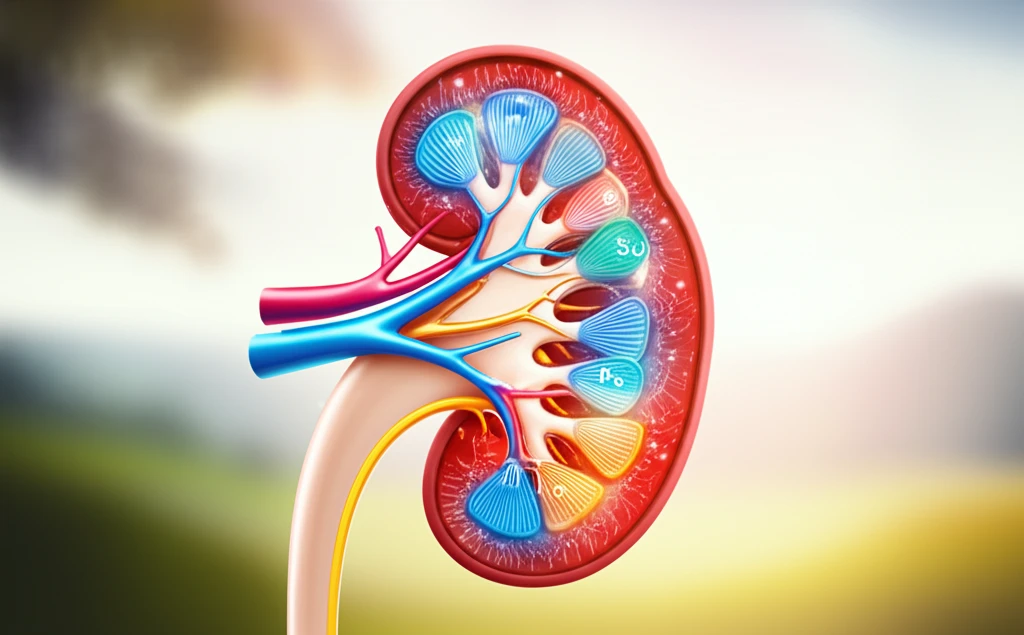
Kidney Health SOS: How Sodium and Potassium Levels Impact Your Kidneys
"Unraveling the Connection: Exploring the Link Between Electrolyte Balance and Kidney Function in Chronic Kidney Disease"
Your kidneys are your body's tireless filtration system, working around the clock to cleanse your blood. But what happens when this essential duo starts to struggle? Chronic Kidney Disease (CKD) is a growing health concern, and understanding its complexities is crucial for early intervention and management. This article explores a critical piece of the CKD puzzle: the relationship between sodium, potassium, and kidney health.
Recent research highlights a significant link between the levels of these electrolytes and how well your kidneys function. Imbalances can not only worsen kidney disease but also contribute to other health issues like high blood pressure and heart problems. This is a call to action to learn how dietary choices and lifestyle adjustments can support and protect your kidneys.
This isn't just about medical jargon; it's about taking control of your health. We'll break down the science, explore the latest findings, and provide practical tips to help you keep your kidneys in top shape. Whether you're at risk of CKD or simply want to optimize your health, you'll find valuable information here.
The Sodium-Potassium Equation: Why Electrolyte Balance Matters

Sodium and potassium are more than just elements; they're critical players in your body's delicate balance. Sodium helps regulate fluid balance, while potassium plays a vital role in nerve function and muscle contractions. Your kidneys diligently manage these electrolytes, ensuring your body has the right amounts. In CKD, this process can falter, leading to significant health challenges.
- High Sodium: Can increase blood pressure, putting extra strain on the kidneys.
- Low Potassium: May lead to muscle weakness, fatigue, and irregular heartbeats.
- High Potassium: Can also be dangerous, potentially causing heart rhythm problems.
- Imbalances: Can worsen CKD symptoms and increase the risk of cardiovascular complications.
Empowering Your Kidney Health
Understanding the impact of sodium and potassium on your kidneys is the first step towards better health. By making informed choices about your diet, working closely with healthcare professionals, and staying proactive, you can significantly impact your kidney function and overall quality of life. This is an ongoing journey, and every step you take contributes to a healthier you.
